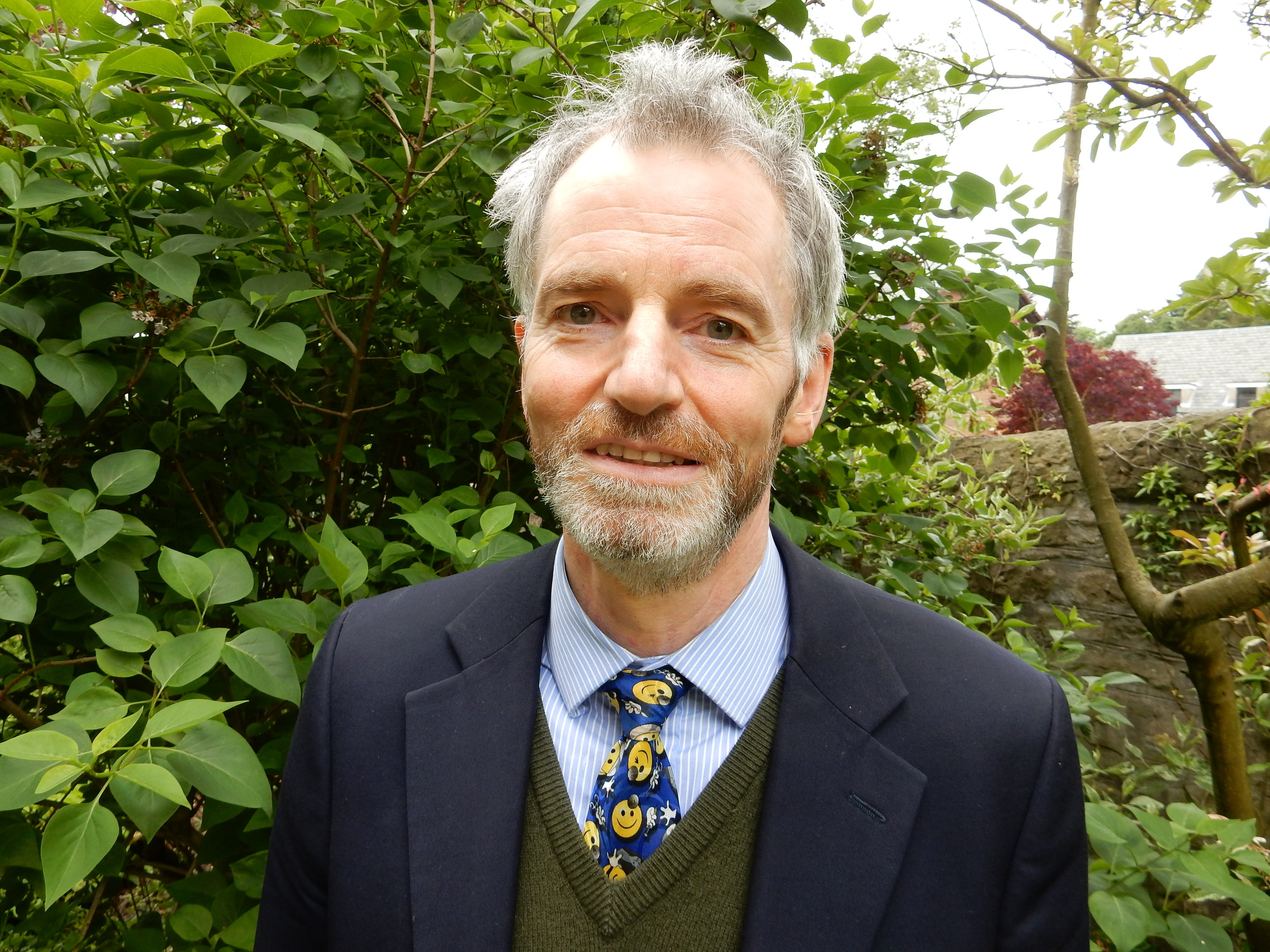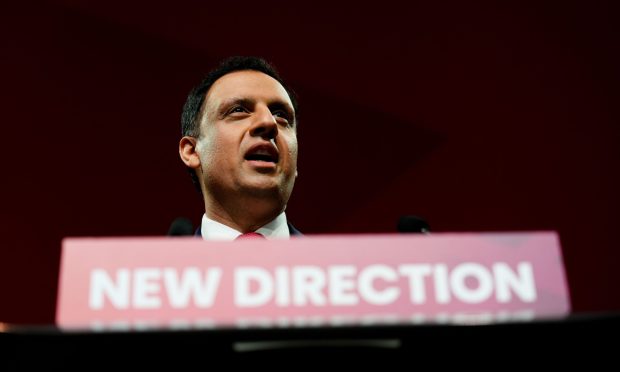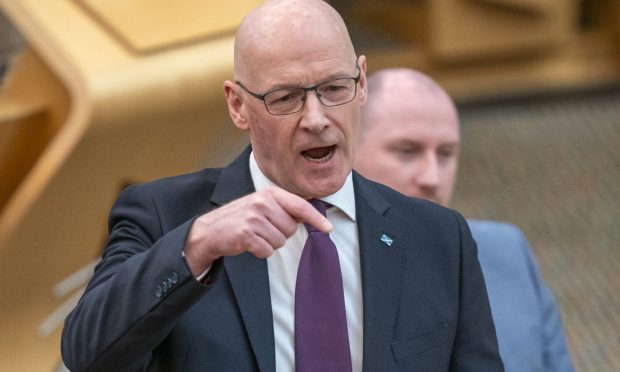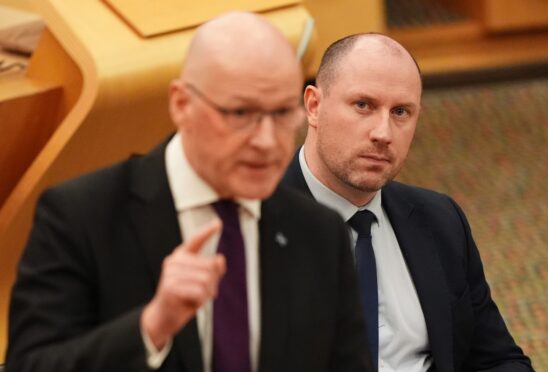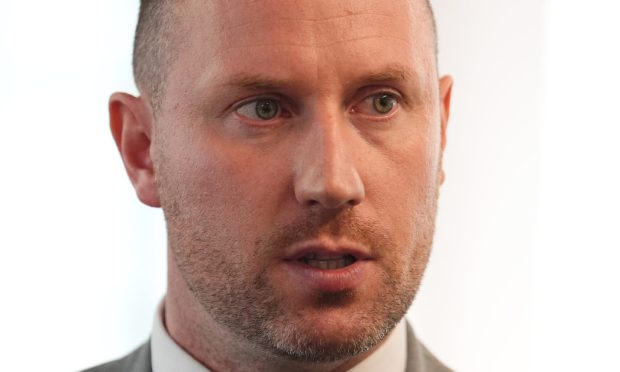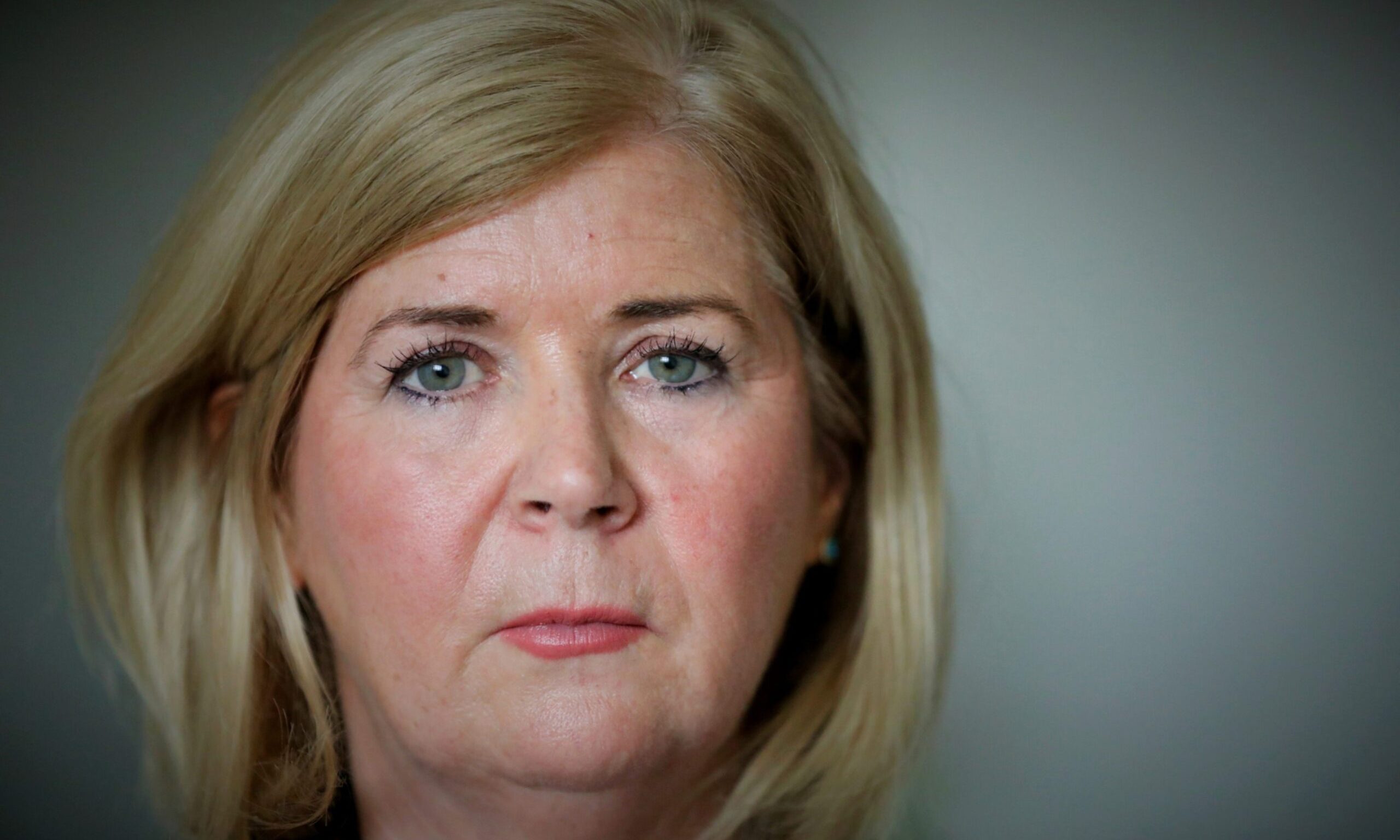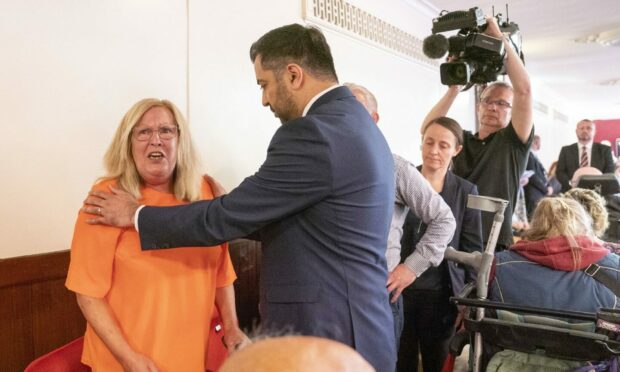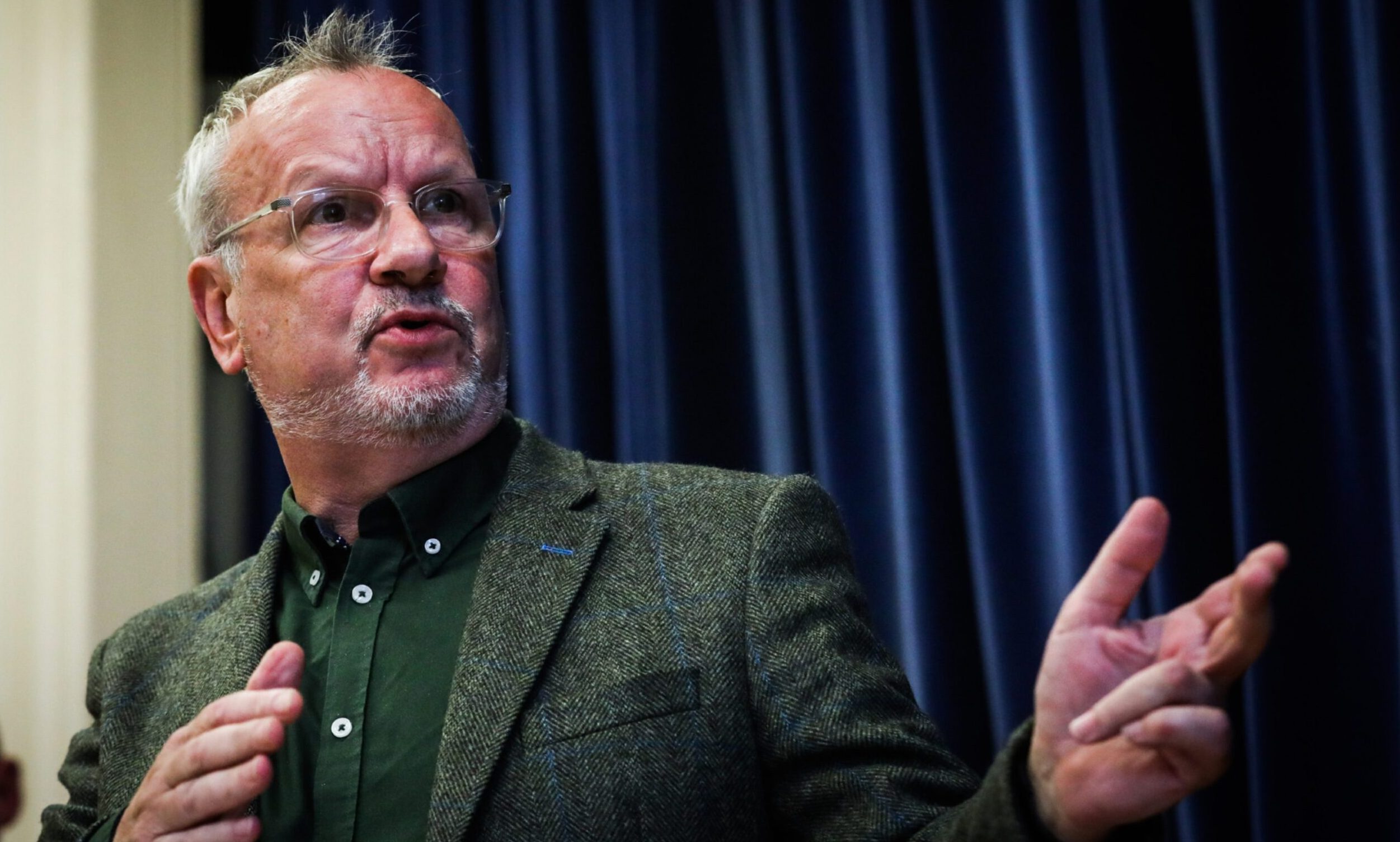A family doctor who quit the profession early because of “burn out” says the Scottish Government will struggle to tempt GPs out of retirement.
The SNP administration is looking to retired doctors to help plug the critical shortfall in GP numbers.
Former Dundee GP Alistair Montgomery said he retired up to eight years earlier than planned because he “burnt out after years of unrelenting and increasing pressure”.
His comments coincide with the publication of a British Medical Association survey, which found that more than a quarter of surgeries in Scotland have at least one GP vacancy.
Earlier, the Scottish Conservatives called for the Government to repatriate doctors and nurses who had moved to Australia.
“I suspect that the growing crisis could have been prevented if the government had taken better care of its servants over the last 15 years,” said Dr Montgomery, who was a GP at Tay Court Surgery for 21 years.
“The constantly moving goal posts and targets with unreasonable expectations encouraged by the politicians left both patients, doctors and their staff discouraged and the latter worn out.
“If the NHS had been better managed I probably could have continued tending to the patients I cared for until I was 65.
“As it was, I was finished seven to eight years too early.”
He added the attempt to build up a pool of retired GPs faced further obstacles, including the cost and time taken in retraining retirees and implications for their pensions.
In a survey published today, the BMA revealed 28% of GP practices in Scotland have a vacant position, which it say shows there are “simply not enough doctors to meet the demands being put upon general practice”.
Scottish Conservative MSP Miles Briggs suggested giving UK doctors and nurses in Australia a free plane ticket home to help counter the crisis.
GPs are being lured to the other side of the world by £280,000 salaries, less paperwork and more professional freedom.
Health secretary Shona Robison said they have a £20 million war chest for next year to “ease some of the immediate challenges facing the GP workforce”.
“We are committed to supporting and developing local GP and primary care services, and working with stakeholders, including the BMA to do so,” she added.
“We have pledged to increase the number of GPs working in our NHS.
“Last year we confirmed an extra 100 GP training places to encourage more medical students into the profession, and an increase in our support for return to practice schemes that bring experienced GPs back into the health service.”
